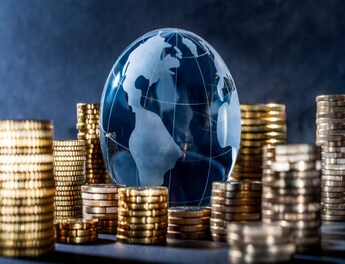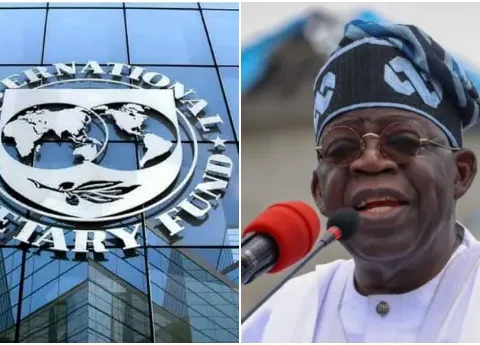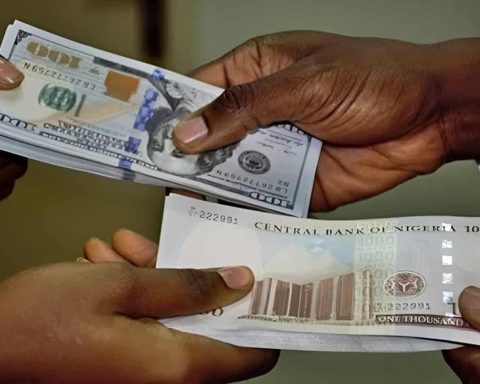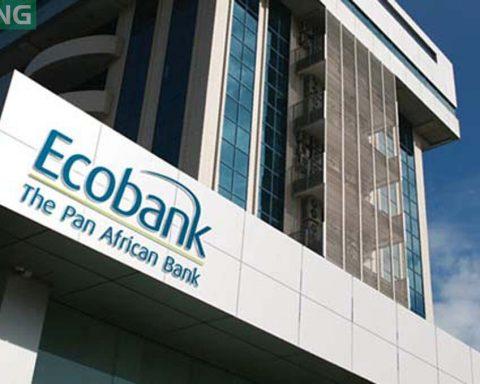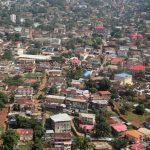The latest report from the National Bureau of Statistics reveals a significant surge in capital importation into Nigeria, reaching a total of $3.91 billion in 2023.
A remarkable 59.1% of this influx, amounting to $2.31 billion, constituted foreign loans, signaling a considerable reliance on external borrowing for economic development initiatives.
Join our WhatsApp ChannelThe report indicates a steady rise in foreign capital inflow, climbing from $654.65 million in the third quarter to $1.09 billion in the final quarter of the year.
READ ALSO: Naira Traded Above N2,000/1£ At parallel market
Despite this positive trend, a breakdown reveals that Nigeria’s borrowing remained consistent throughout the year, with $433.87 million in Q1, $771.53 million in Q2, $507.71 million in Q3, and $594.75 million in Q4, echoing the borrowing pattern of the preceding year.
In contrast to the upward trajectory, the value of foreign loans in Q3 2023 experienced an 18% decline compared to the same period in the previous year, and a significant 34.19% drop relative to Q2 2023. Analysts attribute this decrease to the government’s inclination towards domestic borrowing, suggesting a strategic shift in financing approaches.
Further analysis of the capital importation reveals a diversified portfolio, with investments spanning various sectors. The production/manufacturing sector emerged as the frontrunner, attracting $450.11 million, closely followed by the banking sector with $283.30 million. The financing sector also made notable strides, securing $135.59 million in investments during the period under review.
The report underscores the dominance of “Other Investment” as the primary category, capturing 54.64% of the total capital inflows in Q4 2023, followed by portfolio investment at 28.46%, and foreign direct investment at 16.90%.
Highlighting the sources of these investments, the United Kingdom emerged as the top contributor with $267.24 million, followed by Mauritius with $226.18 million, and the Netherlands with $149.93 million. These countries played a pivotal role in driving capital inflow into Nigeria’s economy during the period.
In a related development, the Federal Government announced securing investment commitments worth $30 billion from foreign investors within eight months. Minister of Industry, Trade and Investment, Doris Anite, attributed this success to strategic economic policies, including fuel subsidy removal and foreign exchange unification, which have bolstered investor confidence, paving the way for economic growth, job creation, and increased access to capital.
The surge in capital inflow, particularly through foreign loans, underscores Nigeria’s reliance on external financing for developmental projects while highlighting the importance of sustainable fiscal policies to ensure long-term economic stability and growth.


